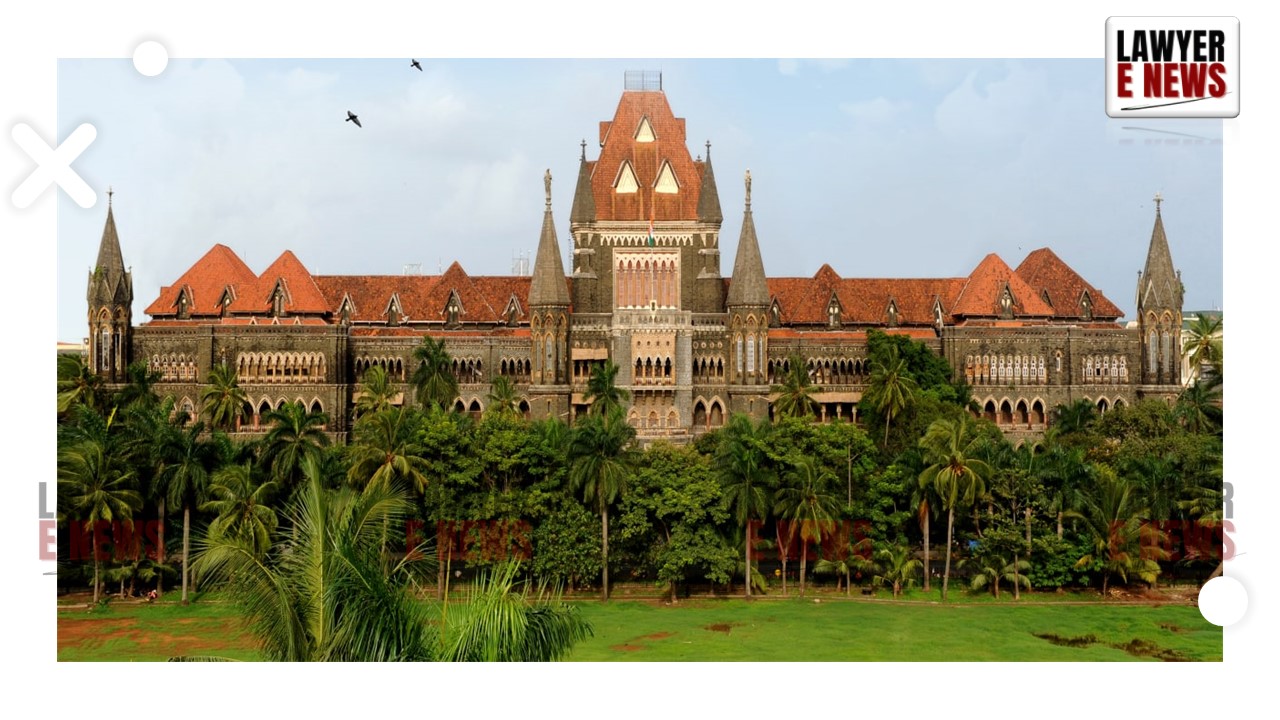-
by Admin
15 February 2026 5:35 AM



Bombay High Court in Hindustan Unilever Ltd. v. Deputy Commissioner of Income-tax (International Taxation) & Ors., dismissed a writ petition challenging an order under Section 201(1) of the Income-tax Act, 1961. Hindustan Unilever Ltd. (HUL) contested a demand for non-deduction of tax at source (TDS) concerning the purchase of the "Horlicks" trademark from foreign entities, contending that the intellectual property was not located in India. The Court ruled that the transaction involved an intellectual property asset situated in India and directed HUL to pursue an appellate remedy.
HUL purchased the "Horlicks" trademark, registered in India, from foreign entities affiliated with GlaxoSmithKline Plc., without deducting TDS. The Deputy Commissioner of Income-tax raised a demand of ₹962.75 crores for failure to deduct TDS under Section 195 of the Income-tax Act, asserting that the trademark, an Indian asset, triggered a capital gains liability under Section 9(1)(i). HUL challenged the order, citing the Delhi High Court decision in CUB Pty Ltd. v. Union of India, arguing that the intellectual property’s situs was outside India, making TDS obligations inapplicable.
HUL argued that since the trademark was owned by a foreign entity, it did not constitute an asset situated in India, thereby exempting the transaction from TDS obligations.
The Court, however, emphasized that the trademark was registered in India, making it subject to Indian taxation laws under Section 9(1)(i). The Court referred to the territoriality principle, as laid down by the Supreme Court in Toyota Jidosha Kabushiki Kaisha v. Prius Auto Industries, which held that intellectual property registered in a country is deemed situated in that jurisdiction.
"The registered trademark in question is an intellectual property available for sale in India, attracting the provisions of Section 195 of the Income Tax Act," the Court noted [Paras 19-20].
HUL heavily relied on the Delhi High Court's ruling in CUB Pty Ltd., which held that intellectual property owned by foreign entities may not trigger Indian tax obligations.
The Court distinguished the case, stating that CUB Pty Ltd. did not address the implications of a registered trademark under Indian law, nor did it involve an in-depth consideration of the territoriality principle as recognized in Toyota Jidosha.
"The decision in CUB Pty Ltd. does not negate the territoriality principle governing intellectual property registered in India," the Court observed [Para 21].
The Court emphasized that HUL had a statutory remedy under Section 253 of the Income-tax Act to appeal the order, rather than seeking relief under writ jurisdiction.
The Court found no jurisdictional error in the Deputy Commissioner's order and declined to bypass the statutory appellate process.
"This is not a case where the Assessing Officer has conferred upon himself a jurisdiction which is not vested in him by law. The petitioner should pursue its statutory appeal," the Court remarked [Para 22].
HUL argued that the demand was issued beyond the limitation period of one year, as previously held by the Tribunal in Mahindra & Mahindra Ltd. v. Director of Income-tax (International Taxation).
The Court rejected this argument, holding that Section 201 does not specify a time limit, and the Tribunal’s imposition of a one-year limit is not binding. Instead, the Court reiterated that such actions must be taken within a "reasonable period."
"Section 201 does not prescribe a specific limitation period. A reasonable period standard must be followed, but there is no bar of one year," the Court held [Paras 25-27].
Justice G.S. Kulkarni, writing for the bench, concluded that the Deputy Commissioner’s order was valid and did not suffer from jurisdictional errors. The Court advised HUL to pursue its appellate remedies and refrained from interfering with the order under writ jurisdiction. The Court further emphasized that issues of fact and law, including the applicability of the territoriality principle, should be adjudicated in the appropriate appellate forum.
"Given the statutory appellate remedy available under Section 253, this Court finds no reason to exercise writ jurisdiction. All contentions on facts and law remain open for determination before the appellate authority," the Court ruled [Para 23].
The Court also took issue with the Deputy Commissioner’s comments on the CUB Pty Ltd. decision, where the judgment was labeled per incuriam. The Court condemned such remarks as improper and directed their immediate deletion from the record.
"The Deputy Commissioner’s remarks on the CUB Pty Ltd. decision lacked propriety and must be expunged within two days. The officer is warned to exercise caution in the future," the Court sternly noted [Paras 29-30].
The Bombay High Court dismissed HUL’s writ petition, directing the company to file an appeal and suspending the enforcement of the demand pending resolution of the stay application in appellate proceedings.
Date of Decision: September 23, 2024
Hindustan Unilever Ltd. v. Deputy Commissioner of Income-tax (International Taxation) & Ors.
